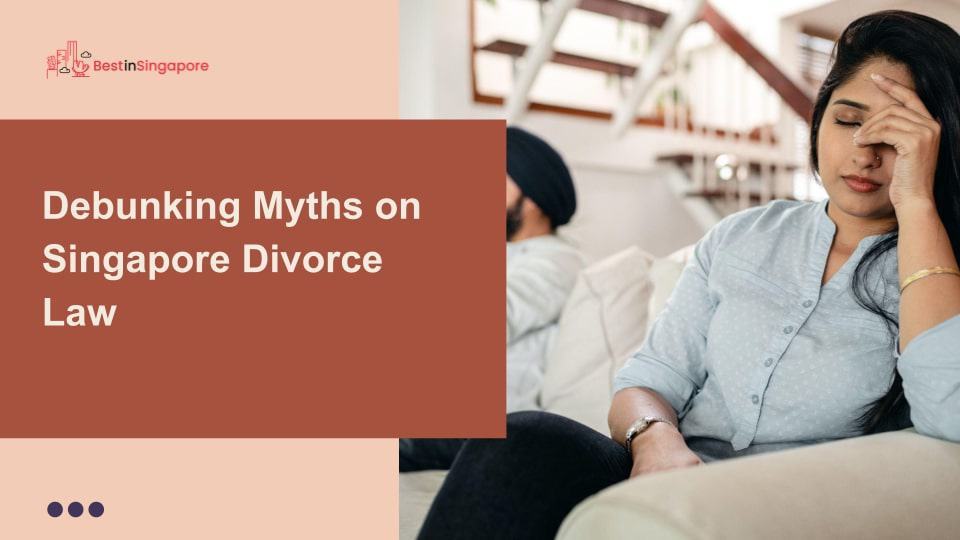Debunking Myths on Singapore Divorce Law
Unless you’ve been through it several times before, divorce is always a scary dive into unknown territories. There are emotional, financial, and legal hurdles to go through before it gets finalized.
Of course, having the best lawyers in Singapore handle the case can make the entire experience less of an ordeal.
But even the sharpest legal minds have had to debunk some common myths on Singapore divorce law. We’ll take a look at some of them today and offer facts from Singapore’s legal system.
The mother always gets sole custody of the children.

A lot of people think that it’s always the mother who gets sole custody of their children after a divorce. But experienced family lawyers in Singapore will tell you that this isn’t always the case.
The Court will always decide in the children’s best interests. More often than not, a previously married couple who’ve demonstrated responsibility and cooperation in raising their kids will be granted joint custody and shared care and control.
Of course, things might be a bit more complicated if you’re a foreigner living in Singapore. But you can consult an expat divorce lawyer to see how to proceed smoothly regarding custody issues and other proceedings.
The lawyers’ and judge’s genders can sway the case.

Decisions on your divorce proceedings will not be in any way swayed by whether the lawyers or judges are male or female. Sadly, this is a myth that has penetrated deep into the legal system and has prevented clients from choosing the best representation.
Even legal teams that have Syariah lawyers practice law based on their faith and with emphasis on counselling, mediation, and pre-trial conferences, not gender.
The bottom line is, good lawyers will fight hard for their clients whether they’re male or female, and judges of any gender will decide based on the arguments they’re presented with.
The divorced couple’s assets will be equally divided.

Section 112 of the Women’s Charter states that the Courts will consider the division of matrimonial assets based on the children’s needs, previous agreements between the parties on assets division, financial contributions of each party, and other issues.
Both financial and non-financial contributions by the involved parties will be weighed, with the assets divided in similar proportion to them.
To prove the validity of these circumstances, some couples get the services of private investigators to check for the other party’s debts, obligations, and other factors that can prove non-contribution.
A divorce case is always a messy courtroom ordeal.

Divorce litigation lawyers are often pictured as shark-like figures who are out to fleece the other party for all they’re worth. But you’d be surprised how most divorce cases don’t even go to Court!
Both divorce and annulment cases are often settled quietly out of court if the issues presented are uncontested. This is especially true of couples who’ve made steps to try and repair their union via marriage counselling, couples’ therapy, and other means.
A contested divorce could lead to courtroom battles, but they don’t have to be dramatic or nasty ordeals.


